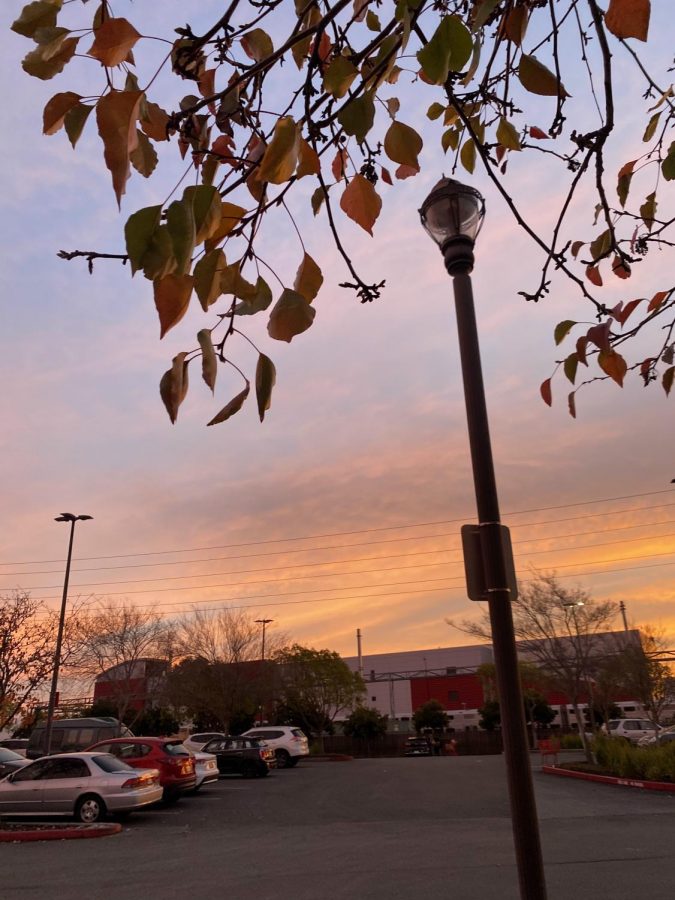Warm January weather concerns De Anza students and faculty
Bay Area weather this January has become one of California’s hottest recorded winters as temperatures range from mid- to high 70s. Residents are beginning to worry.
Mary Poffenroth, environmental studies professor at De Anza College, said that the increase in temperature is part of a long-term process exacerbated by the wildfires last year.
“Having those wildfires is going to increase the greenhouse gases in the atmosphere and this traps a lot of heat close to the ground,” Poffenroth said.
The increasing frequency and severity of wildfires has made students more fearful of climate change.
“Having heat like this in January has me nervous for heat waves this summer and wildfire season in the fall,” said Sofia Thorstensen, 20, business major.
Will Schweitzer, 24, undeclared major, also said he was concerned about the increased temperatures.
“I used to live in Southern California, so I’m used to weather like this,” Schweitzer said. “But not here and this hot in January.”
They said they worry about the possibility of more wildfires in the fall.
“The fires last year were so drastic and I don’t want to have to go through that again,” Schweitzer said. “But I’m sure it’s going to happen again this fall, if not worse.”
Thorstensen said she fears that this won’t be stopped easily.
“Climate change is terrifyingly real,” said Thorstensen. “There are things we can do to help, but I think big corporations are severely hurting our planet and causing these rising temperatures.”
Poffenroth said people can decrease pollution and avoid higher energy bills by conserving energy between 4-9 p.m. This involves reducing use of heaters and air conditioning, not doing laundry and turning off the dishwasher during these hours.
“Climate is a long term thing,” Poffenroth said. “[It] is associated with how we are managing not just the fires but the entire planet.”

My goal at La Voz is to gain experience in my career choice of journalism.



